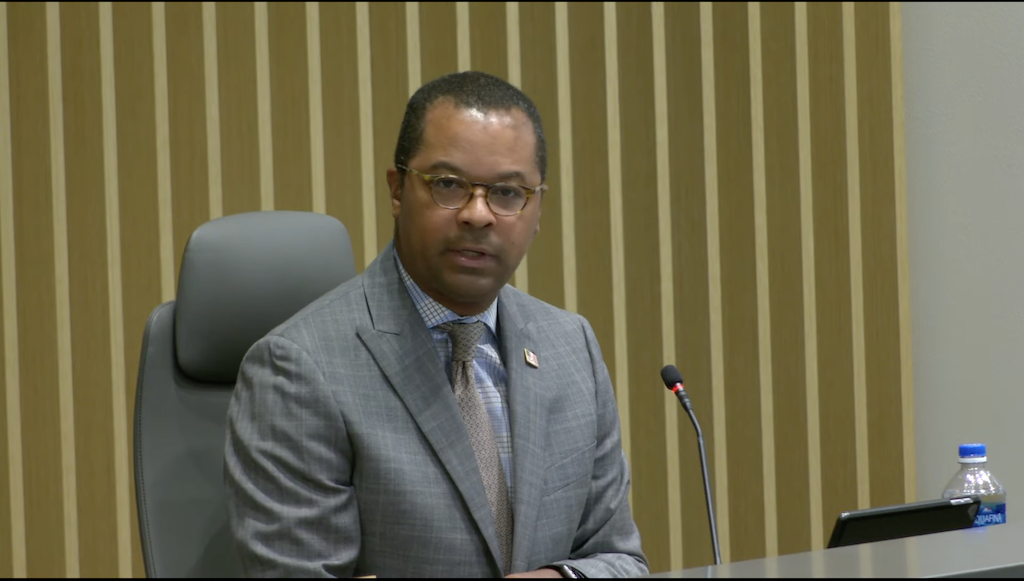FCC Adopts Order to Extend $75 Monthly ACP Subsidy to Households in High-Cost Areas
The benefit would go beyond tribes to other high cost locations.

WASHINGTON, August 3, 2023 – The Federal Communications Commission on Thursday adopted an order to increase Affordable Connectivity Program subsidies from $30 to $75 per month for eligible households in high-cost locations.
As outlined in the Infrastructure, Investment and Jobs Act, the FCC is tasked with distributing the $14 billion in ACP funding to help low-income households gain access to affordable internet connections. The benefits include a one-time $100 discount on internet devices and a monthly discount of $30 or $75. Historically, the $75 discount has only been available to those living on tribal lands.
However, the FCC’s adoption would expand the benefit beyond tribes to other high-cost locations, based on the data the National Telecommunications and Information Administration would provide as part of its management of the Broadband Equity, Access and Deployment Program, said the FCC.
The $75 discounts assist providers who can demonstrate that the standard $30 monthly benefit would place them in “particularized economic hardship” and make it impossible for them to maintain parts or all of their network in hard-to-reach areas.
This would not only incentivize providers to participate in the ACP, especially in rural areas, but also spur deployment and adoption by strengthening the business case for providers to deploy broadband in those areas, said the agency.
The order would also establish the framework for evaluating and deciding on providers’ economic hardship submissions and require approved providers to submit an annual economic hardship showing to maintain eligibility.
Despite concerns that funding might dry up in early 2024, the agency announced that ACP has connected more than 19.8 million out of the 48.6 million eligible households, an increase of more than one million over last June’s data. Out of those 19.8 million, 2.8 million are living in rural regions, said Chairwoman Jessica Rosenworcel.
“ACP’s continued success in rural America will do more than help millions of rural families get and stay connected,” said Commissioner Geoffrey Starks, reiterating the belief that an enhanced ACP benefit would also “spell good news” for rural deployment efforts, especially the BEAD program.
As part of the meeting’s agenda, the commission also pushed forward an order to launch a technical inquiry to better understand the non-federal spectrum usage data. In particular, it will look at the possibility of adopting new technology, including artificial intelligence, to guide spectrum-related decision making.
The commission also approved a record $300-million penalty against an international robocall network, which targeted over half-a-billion Americans with five billion illegal phone calls during a three-month period in 2021. This marks the commission’s most recent effort to crack down on mobile fraud, particularly targeting issues such as robocalls and robotexts.








